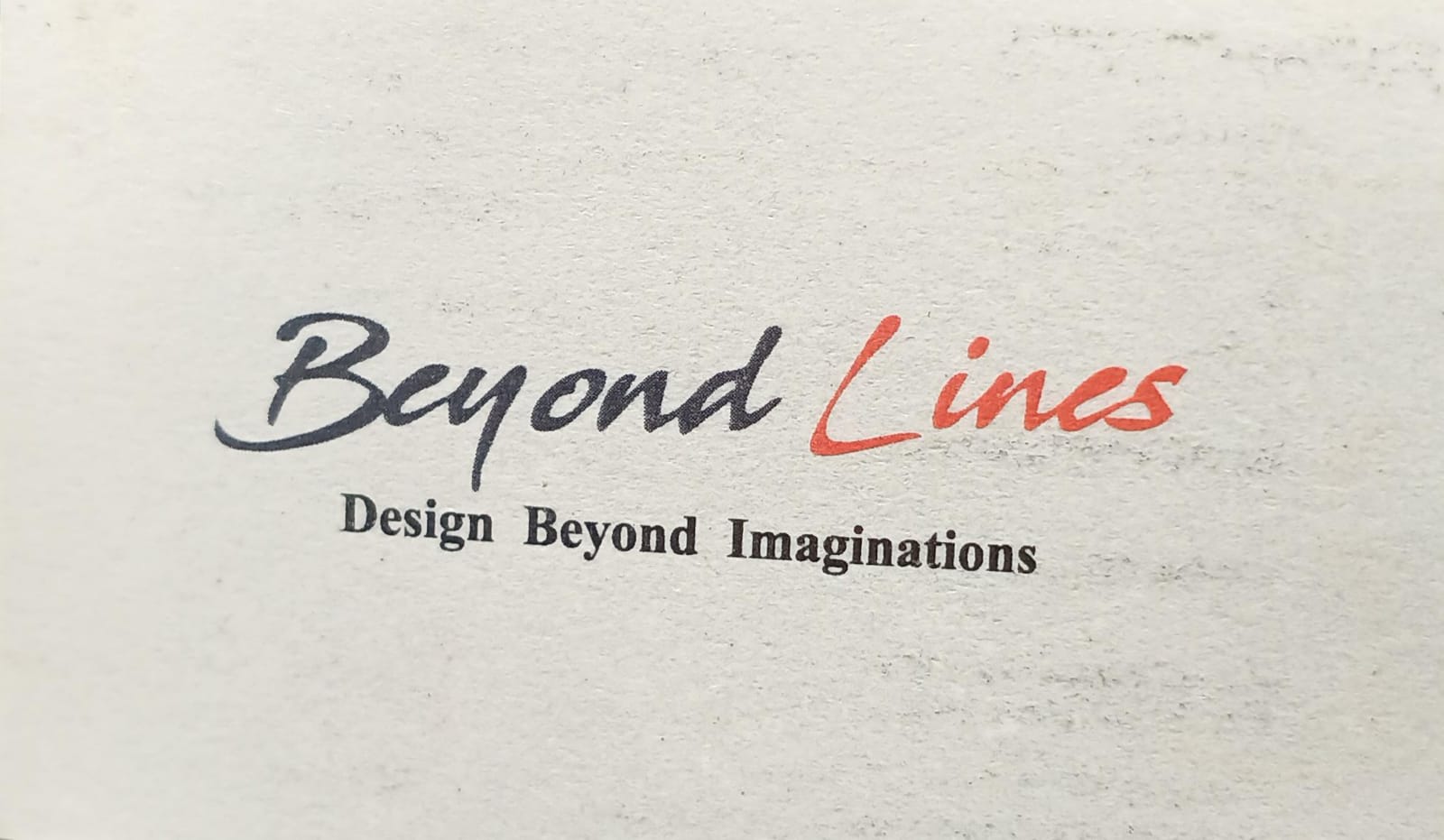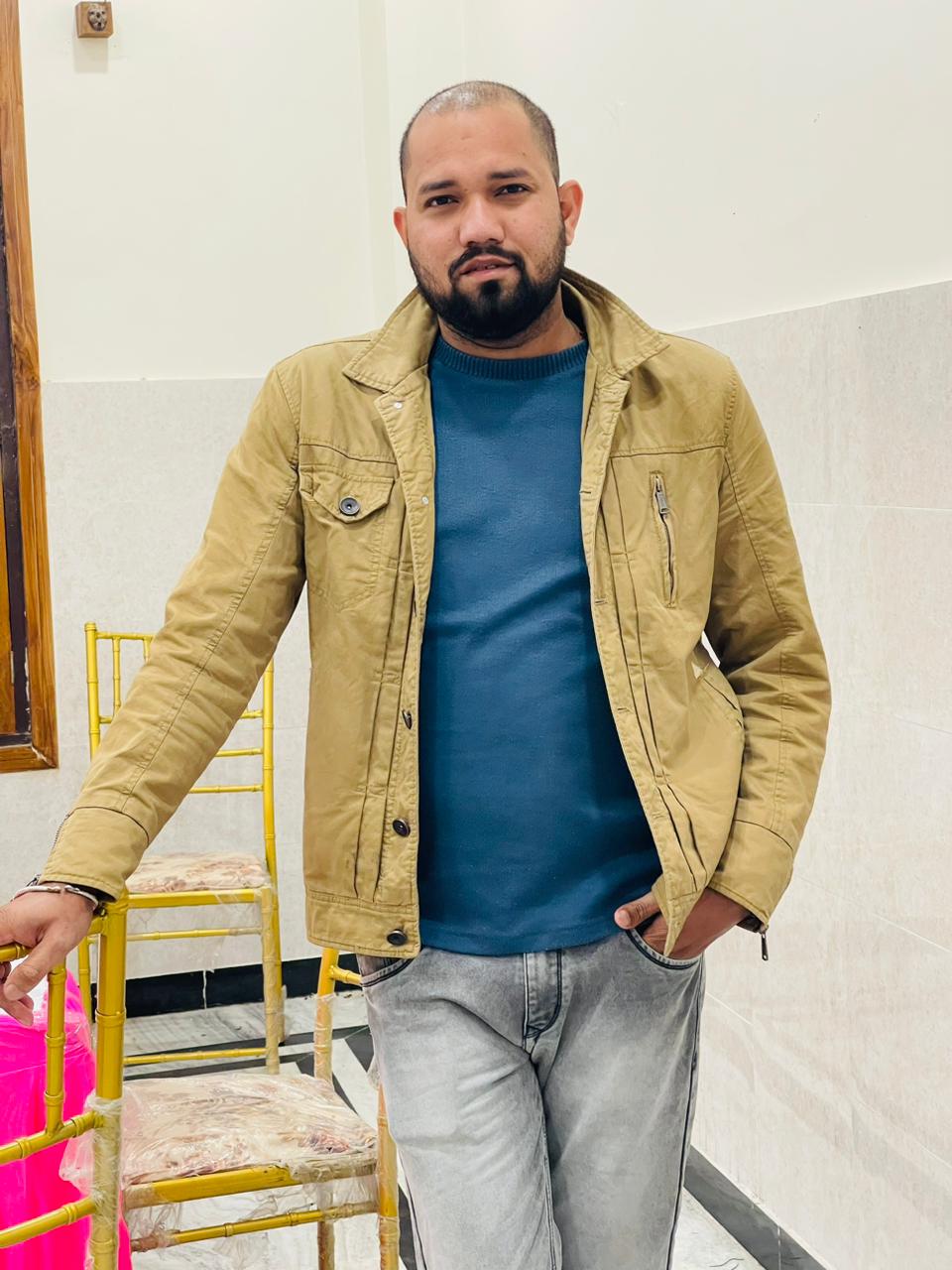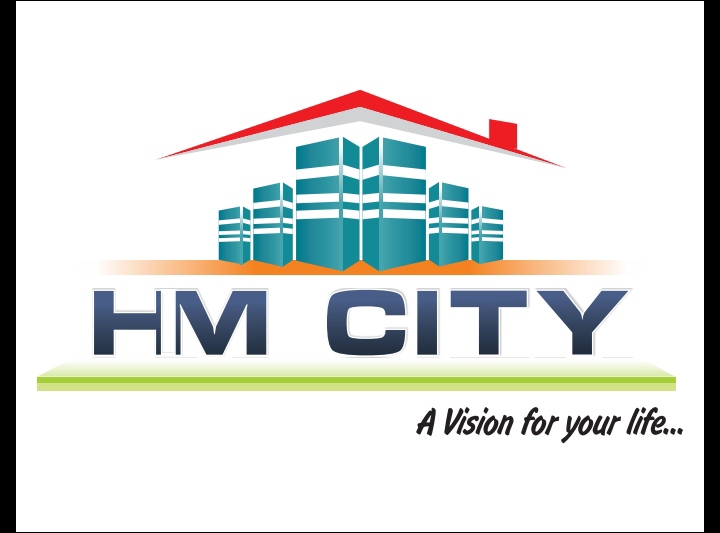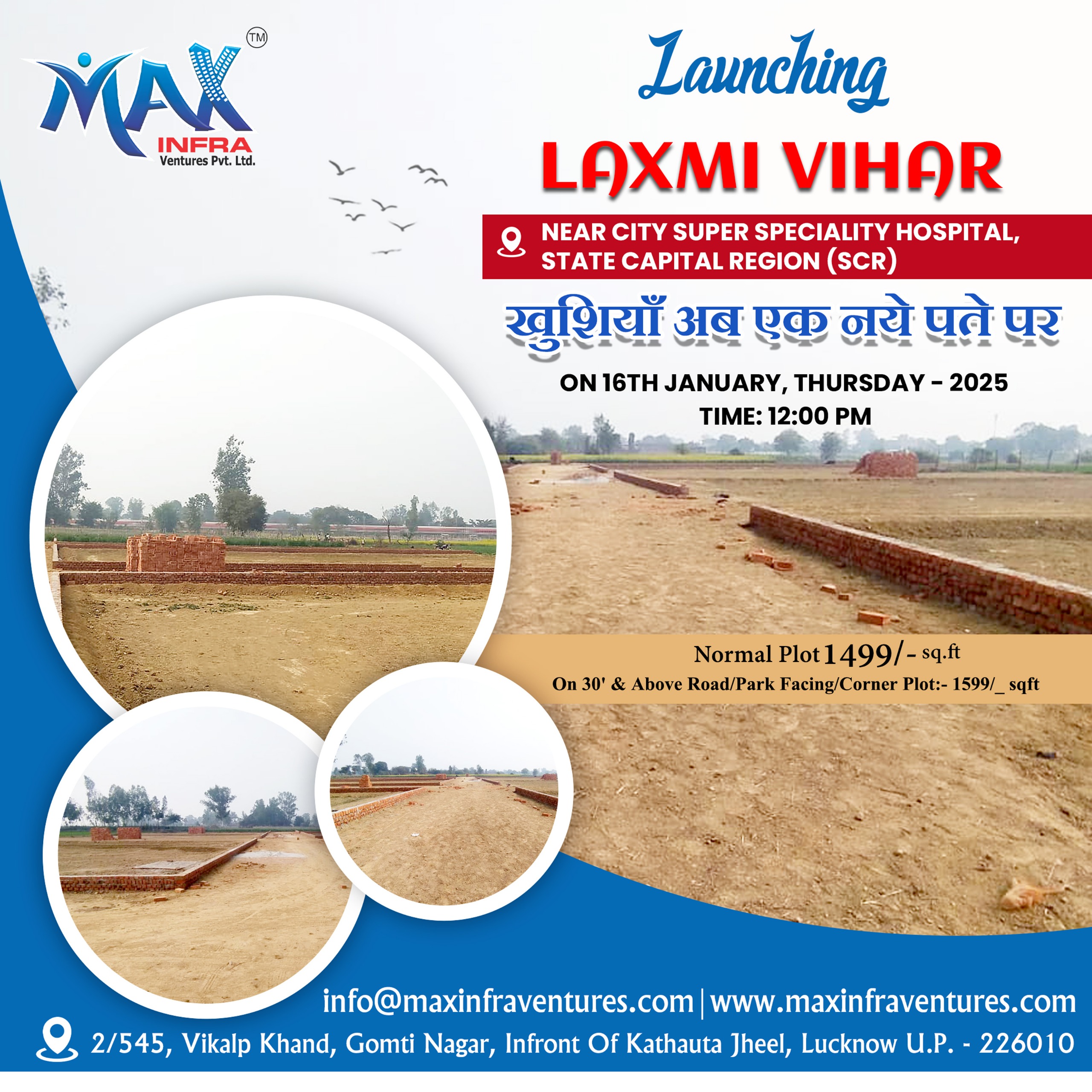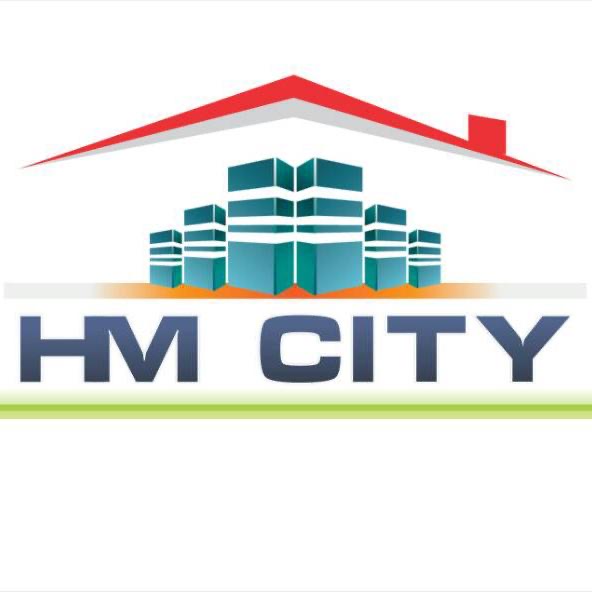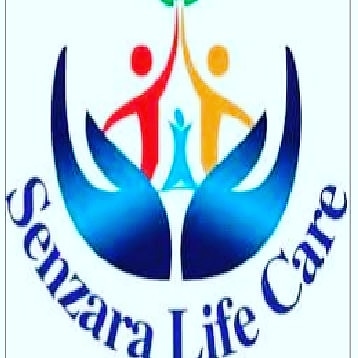Lucknow - Uttar Pradesh
"Indulge in the royal heritage, vibrant culture, and delectable cuisine of Lucknow - a city that's known for its Nawabi grace and charm!"
Lucknow is located in the northern part of India, in the state of Uttar Pradesh. Its geographical coordinates are 26.8467° N latitude and 80.9462° E longitude, is a city steeped in rich history, culture, and tradition. Known as the "City of Nawabs", Lucknow has a unique charm that is hard to find anywhere else in the country.
One of the main attractions of Lucknow is its magnificent architecture. The city is known for its beautiful monuments such as the Bara Imambara, Chota Imambara, Rumi Darwaza, and Hussainabad Clock Tower. The Bara Imambara, in particular, is a stunning example of Mughal architecture, with its intricately designed walls, arches, and domes. It is also famous for its Bhool Bhulaiya, a labyrinthine maze that is a must-visit for those who love adventure.
Another aspect of Lucknow's rich culture is its cuisine. The city is known for its mouth-watering kebabs, biryanis, and other delicacies. Tunday Kebabi, a popular eatery in the city, is renowned for its melt-in-the-mouth galouti kebabs. Another famous dish is Lucknowi biryani, which is cooked with aromatic spices and tender meat, and is a must-try for food lovers.
Lucknow is also home to some of the finest museums and art galleries in the country. The Lucknow State Museum is a must-visit for those interested in history, as it houses a vast collection of artefacts and exhibits from the region's rich past. The La Martiniere College, which is now a museum, is another fascinating place to visit, with its collection of vintage cars, paintings, and other artefacts.
The city is also known for its vibrant culture and festivals. The Lucknow Mahotsav, held every year in December, is a celebration of the city's rich cultural heritage, with music, dance, and food being the main highlights. The Chikankari Festival, held in the month of February, celebrates the city's famous embroidery work, which is a major export from the region.
NOTE:Lucknow is a city that has a lot to offer visitors, with its rich history, culture, and cuisine. The city's magnificent architecture, delicious food, and vibrant festivals make it a must-visit destination for anyone interested in exploring the cultural diversity of India.
HISTORY
Lucknow is the capital city of the Indian state of Uttar Pradesh and has a rich and diverse history spanning over several centuries. The region has been inhabited since ancient times, with evidence of human habitation dating back to the 3rd century BC.
During the medieval period, Lucknow was ruled by various Muslim dynasties, including the Delhi Sultanate, the Mughal Empire, and the Nawabs of Awadh. It was during the rule of the Nawabs of Awadh that Lucknow flourished as a cultural and artistic center, with the city becoming famous for its architecture, literature, music, and cuisine.
The city reached its zenith during the reign of Nawab Asaf-ud-Daula, who commissioned the construction of several impressive buildings, including the Bara Imambara, Chhota Imambara, and Rumi Darwaza. These buildings are considered to be some of the finest examples of Islamic architecture in India.
Lucknow also played an important role in India's struggle for independence, with the city being a hotbed of political and social activity during the British Raj. The Indian Rebellion of 1857, also known as the Indian Mutiny, began in the city when Indian soldiers rebelled against their British officers. The rebellion was eventually suppressed by the British, but it marked the beginning of the end of the British colonial rule in India.
After India gained independence in 1947, Lucknow became the capital of the newly-formed state of Uttar Pradesh. The city continued to grow and develop, with several new residential and commercial areas being established. Today, Lucknow is a vibrant and cosmopolitan city, known for its rich cultural heritage, delicious cuisine, and beautiful architecture.
ORIGIN
The name "Lucknow" is believed to have originated from the ancient Sanskrit word "Lakshmanauti" or "Lakshmanavati," which means "City of Lakshmana." According to Hindu mythology, Lakshmana, the younger brother of Lord Rama, founded the city during the Ramayana era.
Another theory suggests that the name Lucknow may have originated from the Persian word "Lakhnau," which means "a hundred thousand," referring to the city's large population during the Mughal era.
NOTE:Over time, the name "Lucknow" became the most widely used and recognized name for the city, and it has been used ever since. Today, Lucknow is a bustling metropolis with a rich cultural heritage, and its name continues to be associated with the city's history, tradition, and identity.
HISTORICAL BACKGROUND
Lucknow has a rich and diverse history that spans several centuries. The region has been inhabited since ancient times, with evidence of human habitation dating back to the 3rd century BC. In the medieval period, Lucknow was ruled by various Muslim dynasties, including the Delhi Sultanate, the Mughal Empire, and the Nawabs of Awadh.
The Nawabs of Awadh played a significant role in the history of Lucknow. They established their rule in the city in the early 18th century and built many impressive buildings, including the Bara Imambara, Chhota Imambara, and Rumi Darwaza, which are considered to be some of the finest examples of Islamic architecture in India. The Nawabs also patronized the arts and culture, making Lucknow a hub of literature, music, and dance.
During the British Raj, Lucknow became an important center of political and social activity. The city played a significant role in the Indian Rebellion of 1857, also known as the Indian Mutiny, which began in Lucknow when Indian soldiers rebelled against their British officers. The rebellion was eventually suppressed by the British, but it marked the beginning of the end of the British colonial rule in India.
NOTE:After India gained independence in 1947, Lucknow became the capital of the newly-formed state of Uttar Pradesh. The city continued to grow and develop, with several new residential and commercial areas being established. Today, Lucknow is a vibrant and cosmopolitan city, known for its rich cultural heritage, delicious cuisine, and beautiful architecture.
CULTURE AND HERITAGE
Lucknow is known for its rich cultural heritage, which is a blend of Hindu, Muslim, and British influences. The city has a distinct cultural identity, which is reflected in its architecture, music, dance, literature, and cuisine.
Architecture: Lucknow is famous for its impressive buildings, which are a blend of Islamic, Hindu, and British styles. The Bara Imambara, Chhota Imambara, and Rumi Darwaza are some of the finest examples of Islamic architecture in India, while the Dilkusha Kothi and La Martiniere College showcase British architectural influences.
Music and dance: Lucknow is also known for its classical music and dance traditions. Kathak, a classical dance form, originated in Lucknow and is still popular today. The city is also home to several prominent classical musicians, including Ustad Bismillah Khan and Pandit Ravi Shankar.
Literature: Lucknow has a rich literary tradition, with poets and writers playing a significant role in the city's cultural life. The Urdu language, which was popularized by the Nawabs of Awadh, has a strong presence in Lucknow, and the city has produced several notable Urdu poets and writers, including Mir Taqi Mir and Munshi Premchand.
Cuisine: Lucknow is famous for its cuisine, which is a blend of Mughlai and Awadhi flavors. The city is known for its biryani, kebabs, and other meat dishes, as well as its sweets, such as kulfi and rabri.
Festivals: Lucknow celebrates several festivals throughout the year, including Eid-ul-Fitr, Diwali, Holi, and Dussehra. The city also hosts the Lucknow Mahotsav, an annual cultural festival that showcases the city's art, music, dance, and cuisine.
NOTE:Lucknow's culture and heritage are an essential part of its identity, and the city continues to thrive as a center of art, literature, and music.
PEOPLE
The people of Lucknow are known for their warmth, hospitality, and cultural richness. The city is a melting pot of different cultures and communities, and its people are known for their cosmopolitan outlook.
The majority of Lucknow's population is Hindu, with a significant Muslim minority. There are also smaller communities of Sikhs, Christians, and Buddhists in the city.
The people of Lucknow are known for their love of music, dance, and literature, and the city has produced several notable artists, writers, and poets. The people of Lucknow are also known for their fondness for food, and the city's cuisine is a reflection of its multicultural heritage.
The people of Lucknow are proud of their city's rich history and cultural heritage, and they take great pride in showcasing their city's art, architecture, and traditions. The city's residents are known for their love of festivals and celebrations, and they come together to celebrate various festivals and occasions throughout the year.
NOTE:The people of Lucknow are an essential part of the city's cultural richness and vibrancy, and their warmth and hospitality are a reflection of the city's multicultural identity.
HISTORICAL SITES
Lucknow has a rich history and is home to several historical sites that showcase its cultural heritage.
Some of the most famous historical sites in Lucknow are:
Bara Imambara: Also known as the Asfi Mosque, the Bara Imambara is one of the most famous historical sites in Lucknow. It was built in 1784 by the Nawab of Awadh, Asaf-ud-Daula, and is famous for its labyrinth-like Bhulbhulaiya.
Chhota Imambara: Also known as the Hussainabad Imambara, the Chhota Imambara was built by the Nawab of Awadh, Muhammad Ali Shah, in 1838. It is famous for its intricate decoration, including chandeliers, mirrors, and silver throne.
Rumi Darwaza: The Rumi Darwaza is a famous gateway that was built in 1784 by the Nawab of Awadh, Asaf-ud-Daula. It is one of the most famous landmarks of Lucknow and is known for its unique design.
Residency: The Residency is a historical site that played a significant role in the Indian Rebellion of 1857. It was the site of a prolonged siege by Indian soldiers, who rebelled against their British officers. Today, the Residency is a museum and is open to visitors.
La Martiniere College: La Martiniere College is a famous school in Lucknow that was founded in 1845 by the French adventurer, Major General Claude Martin. The school is famous for its impressive architecture, which is a blend of Indian and European styles.
Kaiserbagh Palace: The Kaiserbagh Palace was built by the Nawab of Awadh, Wajid Ali Shah, in the mid-19th century. It is famous for its beautiful gardens, fountains, and palace buildings.
NOTE:These historical sites in Lucknow are a testament to the city's rich cultural heritage and are must-visit destinations for anyone interested in exploring Lucknow's history and architecture.
FESTIVALS CELEBRATED
Lucknow is known for its rich cultural heritage and celebrates several festivals throughout the year.
Some of the most famous festivals celebrated in Lucknow are:
Eid-ul-Fitr: Eid-ul-Fitr is a Muslim festival that marks the end of the holy month of Ramadan. It is celebrated with great enthusiasm in Lucknow, with people dressing up in new clothes and visiting mosques to offer prayers.
Diwali: Diwali, also known as the Festival of Lights, is a Hindu festival that is celebrated with great pomp and show in Lucknow. People light diyas and candles, decorate their homes with rangolis, and burst firecrackers to mark the occasion.
Holi: Holi is a colorful festival that marks the beginning of spring. In Lucknow, people celebrate Holi by smearing each other with colored powder and water, singing and dancing to traditional Holi songs.
Dussehra: Dussehra is a Hindu festival that commemorates the victory of Lord Rama over the demon king Ravana. In Lucknow, people celebrate Dussehra by burning effigies of Ravana, and the festival is marked by colorful processions and cultural performances.
Lucknow Mahotsav: The Lucknow Mahotsav is an annual cultural festival that celebrates the city's rich cultural heritage. The festival showcases traditional art, music, dance, and cuisine, and is a popular event among locals and tourists alike.
NOTE:These festivals are an integral part of Lucknow's cultural heritage and reflect the city's multicultural identity. They offer a glimpse into the vibrant and colorful culture of Lucknow and are a must-see for anyone visiting the city.
ETHINIC DIVERSITY
Lucknow is known for its ethnic diversity, with a rich blend of cultures, religions, and communities coexisting in the city. The majority of the population in Lucknow is Hindu, with a significant Muslim minority. There are also smaller communities of Sikhs, Christians, and Buddhists in the city.
The Muslim population in Lucknow has a rich cultural heritage, with a distinct Awadhi culture that is reflected in the city's architecture, art, and cuisine. The city is also known for its vibrant Shia Muslim community, which celebrates several important festivals throughout the year, including Muharram and Eid-ul-Fitr.
The Hindu population in Lucknow is also diverse, with different communities practicing their own customs and traditions. The city is home to several famous Hindu temples, including the Hanuman Temple, the Kashi Vishwanath Temple, and the Ramakrishna Math.
Lucknow is also known for its Sikh community, which has a rich history in the city. The city is home to several gurdwaras, including the Gurdwara Yahiyaganj Sahib and the Gurdwara Guru Tegh Bahadur.
NOTE:The ethnic diversity in Lucknow is a reflection of the city's rich cultural heritage and is celebrated through festivals, food, art, and architecture. The city is a melting pot of different cultures and communities, and its people are known for their cosmopolitan outlook and inclusive spirit.
TOURISM
Lucknow is a popular tourist destination in India, known for its rich history, cultural heritage, and culinary delights. The city offers a unique blend of traditional and modern attractions, making it a must-visit destination for travelers.
Some of the popular tourist attractions in Lucknow include:
Bara Imambara: Bara Imambara is a grand monument that was built in the 18th century. The monument is known for its intricate architecture, and houses a labyrinth known as the Bhul Bhulaiya.
Chota Imambara: Chota Imambara is a smaller version of the Bara Imambara and is known for its intricate decorations and chandeliers.
Rumi Darwaza: Rumi Darwaza is an iconic gateway that was built in the 18th century. The gate is known for its unique design, which combines elements of Persian and Indian architecture.
Ambedkar Memorial Park: Ambedkar Memorial Park is a sprawling park that is dedicated to Dr. B.R. Ambedkar, the father of the Indian Constitution. The park features several statues and monuments, and is a popular spot for picnics and leisurely walks.
Hazratganj: Hazratganj is a popular shopping district in Lucknow, known for its vibrant street markets, traditional shops, and modern malls.
Food Walks: Lucknow is known for its delicious food, and food walks are a popular way to explore the city's culinary delights. Visitors can sample traditional Awadhi dishes such as biryani, kebabs, and kulfi.
NOTE:Lucknow offers a unique and authentic travel experience that is steeped in history and culture. The city's many attractions and culinary offerings make it a must-visit destination for travelers to India.
TRAVEL
Traveling in Lucknow is relatively easy, with several modes of transportation available to visitors.
Here are some of the popular modes of transportation in Lucknow:
Taxis: Taxis are a convenient way to get around Lucknow, especially if you're traveling with a group. There are several taxi companies in the city, and visitors can hire a taxi for a few hours or for the entire day.
Auto-rickshaws: Auto-rickshaws are a popular mode of transportation in Lucknow, especially for short distances. Visitors should be prepared to negotiate the fare with the driver before boarding the vehicle.
Buses: Lucknow has a well-developed bus network that covers most parts of the city. Visitors can purchase a bus pass or buy a ticket for a single journey.
Metro: The Lucknow Metro is a modern rapid transit system that connects several parts of the city. The metro is a convenient and efficient way to get around the city, especially during rush hour.
Bicycle Rentals: Some companies in Lucknow offer bicycle rentals for visitors who want to explore the city at a leisurely pace. Visitors can rent a bicycle for a few hours or for the entire day.
NOTE:Traveling in Lucknow is relatively easy and convenient. Visitors should be prepared to negotiate fares with auto-rickshaw drivers and exercise caution when traveling alone at night.
ACCOMODATION
Lucknow offers a wide range of accommodation options for visitors, ranging from luxury hotels to budget guesthouses.
Here are some of the popular types of accommodation in Lucknow:
Luxury Hotels: Lucknow has several luxury hotels that offer world-class amenities, such as swimming pools, spas, and fine dining restaurants. These hotels are a great option for visitors who are looking for a luxurious and comfortable stay in the city.
Boutique Hotels: Boutique hotels are a popular option for visitors who want to experience Lucknow's traditional architecture and hospitality. These hotels are typically smaller in size and offer personalized service and unique decor.
Budget Guesthouses: Lucknow has several budget guesthouses that offer basic amenities, such as clean rooms, comfortable beds, and free Wi-Fi. These guesthouses are a great option for backpackers and budget-conscious travelers.
Service Apartments: Service apartments are a popular option for visitors who are planning a longer stay in Lucknow. These apartments are fully furnished and come with amenities such as a kitchenette, laundry facilities, and housekeeping services.
Homestays: Homestays are a great way to experience Lucknow's culture and hospitality. Visitors can stay with a local family and experience the city's traditional lifestyle and cuisine.
NOTE:Lucknow offers a wide range of accommodation options to suit every budget and preference. Visitors should book their accommodation in advance, especially during peak tourist season.
FOOD
Food is an integral part of Lucknow's culture, and the city is known for its delicious Awadhi cuisine. The city's culinary traditions are influenced by Mughal and Persian cuisine, and the dishes are known for their rich flavors and fragrant spices.
Here are some of the popular dishes that visitors must try when in Lucknow:
Lucknowi Biryani: Lucknowi Biryani is a traditional rice dish that is cooked with spices, meat, and saffron. The dish is fragrant and flavorful, and is typically served with raita and papad.
Galouti Kebab: Galouti Kebab is a melt-in-your-mouth dish that is made with minced meat, spices, and herbs. The kebabs are typically served with roomali roti and mint chutney.
Tunday Kebab: Tunday Kebab is a popular street food in Lucknow, and is made with minced meat, spices, and papaya. The kebabs are known for their soft texture and are typically served with paratha and chutney.
Sheermal: Sheermal is a sweet bread that is made with milk, sugar, and saffron. The bread is typically served with curries and kebabs.
Lassi: Lassi is a popular drink in Lucknow, and is made with yogurt, sugar, and ice. The drink is known for its cooling properties and is typically served with a pinch of cardamom.
NOTE:Lucknow offers a unique and authentic culinary experience that is sure to delight food lovers. Visitors should try the local street food, visit the city's traditional restaurants, and sample the city's famous sweets such as kulfi and laddu.
SHOPPING
Lucknow is known for its rich cultural heritage and traditional handicrafts, making it a popular destination for shoppers. Visitors can find a wide range of unique and exquisite items in the city, including textiles, jewelry, handicrafts, and souvenirs.
Here are some of the popular shopping destinations in Lucknow:
Hazratganj: Hazratganj is a popular shopping district in Lucknow, and is known for its upscale boutiques, bookstores, and cafes. Visitors can find a wide range of items in Hazratganj, including clothes, jewelry, and handicrafts.
Aminabad: Aminabad is a bustling market area in Lucknow, and is known for its traditional bazaars and street food. Visitors can find a wide range of items in Aminabad, including textiles, jewelry, handicrafts, and souvenirs.
Chowk: Chowk is a historic shopping district in Lucknow, and is known for its traditional bazaars and street food. Visitors can find a wide range of items in Chowk, including textiles, jewelry, handicrafts, and souvenirs.
Nakhas Market: Nakhas Market is a popular destination for shoppers looking for traditional textiles and handicrafts. Visitors can find a wide range of items in Nakhas Market, including chikan embroidery, zari work, and silver jewelry.
Janpath Market: Janpath Market is a popular destination for budget-conscious shoppers, and is known for its affordable clothes, shoes, and accessories.
NOTE:Lucknow offers a unique and authentic shopping experience that is sure to delight visitors. Visitors should be prepared to bargain with the vendors and exercise caution when carrying valuables in crowded areas.
WEATHER AND BEST TIME
Lucknow has a tropical climate, with hot summers and cool winters. The best time to visit Lucknow is from October to March when the weather is mild and pleasant. During this time, the temperature ranges from 10°C to 25°C, making it an ideal time to explore the city's rich cultural heritage and architecture.
The summer season in Lucknow begins in April and lasts until June. The temperature during this time can reach up to 45°C, making it hot and uncomfortable for visitors. Monsoon season begins in July and lasts until September, with occasional heavy rainfall and thunderstorms.
Winter season in Lucknow starts in December and lasts until February. The temperature during this time ranges from 5°C to 22°C, making it a great time for visitors to enjoy outdoor activities and sightseeing.
NOTE:The best time to visit Lucknow is from October to March when the weather is mild and pleasant. Visitors should be prepared for occasional rain showers during this time and carry appropriate clothing and footwear.
TOUR OPERATORS
There are several tour operators in Lucknow that offer a range of tour packages and services for visitors.
Some of the popular tour operators in Lucknow are:
Uttar Pradesh Tourism: Uttar Pradesh Tourism offers a range of tour packages for visitors to explore the city's rich cultural heritage, historical sites, and natural beauty.
Kesarwani Travels: Kesarwani Travels offers customized tour packages for visitors, including city tours, historical site visits, and adventure activities.
SRS Travels: SRS Travels offers a range of tour packages for visitors, including city tours, pilgrimage tours, and adventure activities.
Airborne Travels: Airborne Travels offers a range of tour packages for visitors, including city tours, historical site visits, and adventure activities.
Gopal Tourist Service: Gopal Tourist Service offers customized tour packages for visitors, including city tours, historical site visits, and adventure activities.
NOTE:Visitors to Lucknow can choose from a wide range of tour operators and tour packages to explore the city and its surroundings. Visitors are advised to research and compare the services and prices of different tour operators before booking their tours.
LANGUAGES
The official language of Lucknow is Hindi, which is widely spoken and understood by the local population. However, Lucknow is a multicultural city and people from various regions and ethnicities reside here.
As a result, several other languages are also spoken in Lucknow, including:
Urdu: Urdu is another prominent language spoken in Lucknow, and is widely used in literature, poetry, and daily conversations.
English: English is widely spoken and understood by the educated population of Lucknow, and is used in official and business communication.
Awadhi: Awadhi is a dialect of Hindi and is spoken by a significant population in Lucknow and the surrounding areas.
Bhojpuri: Bhojpuri is another dialect of Hindi and is spoken by a significant population in Lucknow and the surrounding areas.
Punjabi: Punjabi is spoken by a small community of Punjabi residents in Lucknow.
NOTE:Visitors to Lucknow are likely to encounter a mix of languages, and Hindi and English are usually sufficient for communication with most people. However, it is always helpful to learn a few common phrases in the local language to enhance the cultural experience and connect with the local people.
HOW TO REACH
Lucknow is well-connected to major cities in India by air, rail, and road.
Here's a brief guide on how to reach Lucknow:
By Air: Lucknow has an international airport, Chaudhary Charan Singh International Airport, which is well-connected to major cities in India and other countries. Several domestic and international airlines operate flights to and from Lucknow.
By Train: Lucknow is well-connected to major cities in India by rail. The city has two major railway stations, Lucknow Junction and Charbagh, which have trains connecting to major cities across India.
By Road: Lucknow has a well-developed road network, and several national highways and state highways pass through the city. Visitors can reach Lucknow by bus or car from nearby cities like Delhi, Agra, Kanpur, and Varanasi.
NOTE:Visitors can choose the mode of transport that suits them best depending on their budget, time, and preference.



